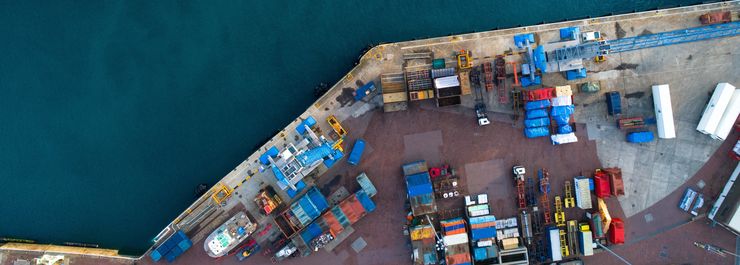To study how energy efficiency in manufacturing and shipping industry can be efficientized has a great deal of energy relevance and strategic work towards increased energy and resource efficiency is central to Swedish industry in a global market with scarce resources. It is also crucial for the industry to be long-term competitive, especially in industries where energy costs are a major part of operational costs, such as in energy-intensive manufacturing and process industry or in shipping.
Purpose of the study
The primary purpose of the research project was to analyze how energy management is conducted in Swedish manufacturing industry and in the shipping industry, as well as how this work could be developed to contribute to the industry's transformation into sustainable energy systems and long-term competitiveness.
Aim of the study
The project aimed to carry out two parallel series of interdisciplinary case studies, which were integrated in themselves, on the energy management's practice in organizations from the shipping and manufacturing industry.
Project time
October 2018 until September 2022
- Here is a link to an article about the project (in Swedish): Stora utmaningar för sjöfarten kräver ny forskning
